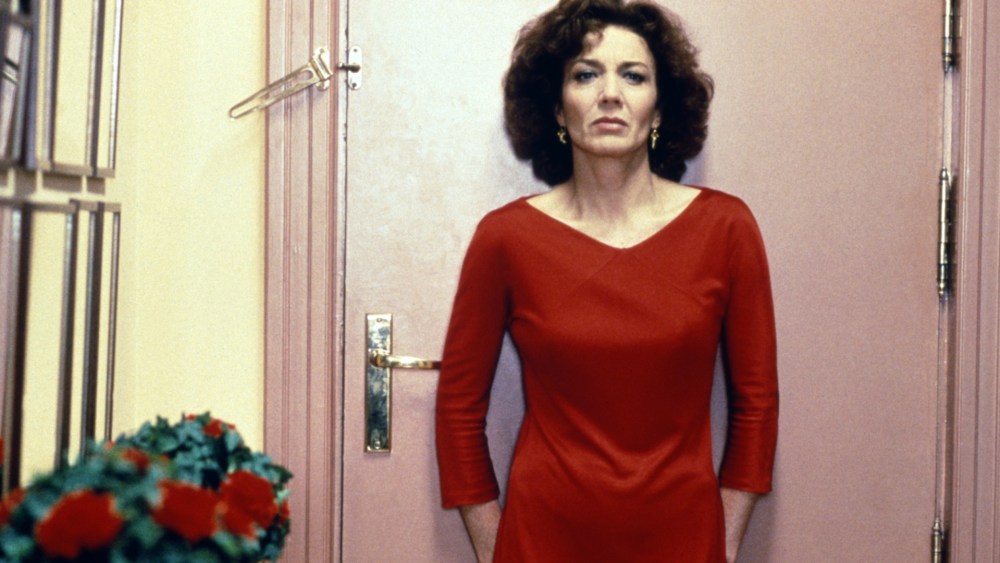Marisa Paredes, a grand dame of Spanish cinema, died on Tuesday in Madrid from heart failure. She was 78.
While she acted in 75 movies, she will be best remembered for the five films she starred in directed by Pedro Almodóvar: “Dark Habits” (1983), “High Heels” (1991), “The Flower of My Secret” (1995), “All About My Mother” (1999) and “The Skin I Live In” (2011). Of all these, she thought she turned in one of her career-best performances in “The Flower of My Secret,” which marks the beginning of Almodóvar’s return to his roots and world of his mother, a re-connection which continues to this day.
In “The Flower of My Secret,” Paredes played a chic romantic novelist seemingly at first a fish out of water in the village where she was born.
In real life, Paredes had a natural elegance, compounded by her favouring dresses by Spain-based designer Sybille which J.A. Bayona noted, reacting to her death, gave her “an aura of myth.” Yet, he added, “she was friendly, empathetic and always attentive.”
Paredes was born a janitor’s daughter in an impoverished Spain of the post-Civil War in the working class Plaza de Santa Ana, in central Madrid. She appeared briefly in a Fernando Fernán Gómez masterpiece “El Mundo Sigue” (1965) but really cut her teeth performing in classic theatre, Chekhov, Dostoevsky and Ibsen televised by public broadcaster RTVE.
She went on to act with Spain’s classic modern directors, beginning with Fernando Trueba in his 1980 debut “Opera Prima,” in a role which ribbed her air of grand dame, showing her sense of humor. Later came starring roles, most notably in in Agustí Villaronga’s “In a Glass Cage,” (1986) but also Mexican Arturo Ripstein’s “Deep Crimson” (1996) and “No One Writes to the Colonel” (1999) and Guillermo del Toro’s “The Devil’s Backbone” (2001).
Despite her air of glamor, however, she never forgot her own origins. Elected president of the Spanish Academy of Motion Pictures Arts and Sciences, she endorsed at the 2003 Goya Awards on-stage protests by multiple winners at the support for the invasion of Irak given by José María Aznar’s right-of-center government.
Paredes is survived by her decades-long partner Chema Prado, a former head of the Filmoteca Española, and her daughter, María Isasi.

